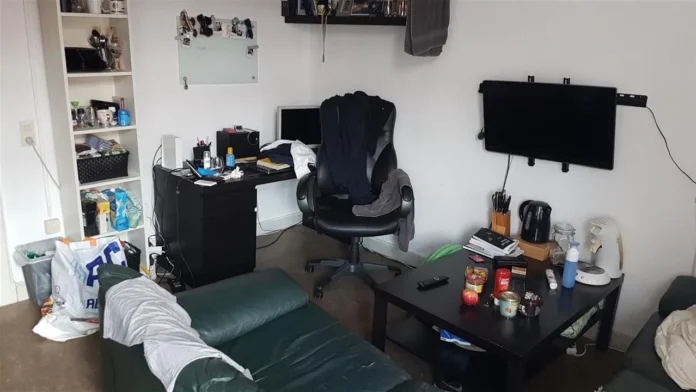The Municipality of Eindhoven will not enforce compliance with the rules on room rentals in the city exhaustively. Large-scale enforcement would further increase the housing shortage. Moreover, there is a lack of sufficient enforcement capacity.
The municipality must therefore make good use of the existing enforcement capacity, writes the municipal executive to the city council. However, there is enough confidence that a smaller-scale approach can work well. A trial has shown that it is possible to gain insight into the neighbourhood on how many homes are used for room rental and housing division.
With limited enforcement, the municipality appears to be addressing tenants’ fears that new housing regulations will result in even less housing supply. Students already announced their concerns a year ago as soon as the new plans were announced. Thousand seven-hundred students could be affected, and at least fifteen student houses might have to close.
Transition
However, it’s not going that fast. The municipality has set up a broad transitional arrangement that lasted until January 2022. A total of 700 permits were applied for between January and May 2022 for room occupancy and housing division. The majority of these requests were related to homes that had already been divided or whose rooms had already been rented out.
Thirty-meter rule
Under this transitional arrangement, houses that did not meet the new requirements were protected from the measures. One of those measures is the thirty-meter rule: a student house or migrant worker’s home may not be located within a radius of thirty meters from another house whose rooms are rented out.
The Commission, therefore, finds it difficult to say whether the thirty-meter rule is functioning correctly – the transitional arrangement has only been in effect for six months, which means that the thirty-meter rule has only been applicable for six months. That’s too short a time for efficient evaluation.
















